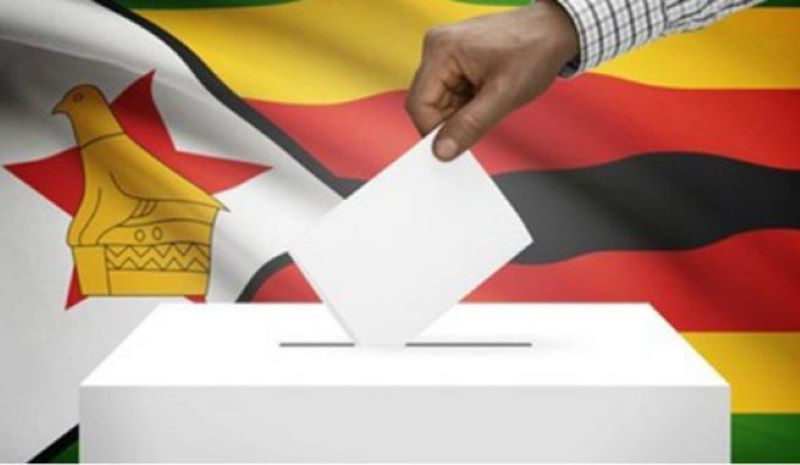
THE Zimbabwe Diaspora Vote Initiative has taken note of Justice Priscillah Chigumba’s recent remarks in which she correctly pointed out that there has always been issues surrounding diaspora vote. We were also delighted to hear that the Zimbabwe Electoral Commission (Zec) will be conducting research to see how other countries have implemented and managed the diaspora vote, and that Parliament has to change the law if it is serious about the diaspora vote.
The Diaspora Vote Initiative has researched on diaspora vote in many countries in Sadc, Africa and globally and is willing to be involved in the research that you intend to carry out.
The diaspora vote is the new trend in Sadc, in Africa and globally and Zimbabwe needs to move fast to implement the diaspora vote to meet regional, continental and global election standards and gain international credibility.
The research must also be guided by the observer mission reports to the August 23-24, 2023 harmonised elections. Section 5.3 of the Sadc Observer Mission final report points to section 4(j) of the Sadc Principles and Guidelines on Elections which seeks to “encourage regular reviews of the participation of citizens in the diaspora in national elections”, while the Carter report points at the diaspora vote denial as one of several long-standing recommendations intended to ensure inclusiveness of the Zimbabwean polls (page 27). The Commonwealth Observer Group preliminary report encouraged observance of the “rights of all citizens” in electoral processes.
Chigumba, having led the Zimbabwean delegation to observe the Russian election held from March 15-17, you may have observed that an “unprecedented” number of Russians living abroad voted at polling stations established at embassies and consular offices abroad.
We are confident that you learnt from the Russian diaspora vote process and came back with some valuable insights which can feed into our own diaspora voting process.
We hope though, that this time around the findings of the research that you will undertake, and the recommendations that will come out of the exercise, will be accepted by all stakeholders. We point this out in the light of your previous revelations that Zec’s previous recommendations on the amendment of the Electoral Act to ensure the holding of a credible polls were rejected by Zanu PF.
Regarding the diaspora vote, Zanu PF has sent confusing messages to the world. President Emmerson Mnangagwa, in his address to Zimbabweans based in the United States, indicated the need for the diaspora vote to have been concluded by the time of the 2023 harmonised elections. However, Zanu PF legislators sang a different tune when issues around the diaspora vote were raised in debate in Parliament.
- RG's Office frustrating urban voters: CCC
- Fast-track delimitation, Zec urged
- 'Political parties must not be registered'
- Zec to address nomination fees outcry
Keep Reading
In a debate on The Chase programme in the run up to the 2023 harmonised elections, a Zanu PF representative in the debate said Zanu PF was interested in the diaspora vote, but resource constraints had made it impossible to have the diaspora vote in 2023, adding that efforts would be made to ensure the diaspora vote took place in future elections.
There is no credible election in the world which excludes a significant percentage of its population, wherever they may be. As of the 2023 harmonised elections, Zimbabwe had 6 147 517 registered voters, and over 4 million citizens living in the diaspora who could also have been registered to vote, but were denied the opportunity as legislation does not allow them their constitutional right to vote. The legitimacy of the results of such an election are questionable.
We call upon Parliament to seriously consider the findings of the research that you will carry out on the diaspora vote and make the necessary amendments to the Electoral Act to ensure the diaspora vote is implemented in the next elections.
The Zimbabwe Diaspora Vote Initiative looks forward to being invited to participate in the research on diaspora voting alongside other stakeholders who have been lobbying for the diaspora vote to ensure the views of the affected constituency are included in the relevant electoral reforms.








